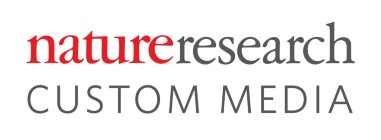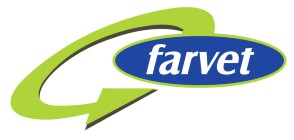
What are the most common diseases affecting poultry flocks in Peru?
In Peru, as in many other countries, Newcastle disease is a highly contagious viral disease that can devastate flocks, caused by infection by one of several strains of avian Newcastle disease virus. Most vaccines are largely based on genotype I or II strains, but we are developing genotype-matched vaccines that offer better protection against the strains prevalent in Peru and other Andean countries.
Other diseases that can have devastating effects on the poultry industry are infectious laryngotracheitis, a respiratory tract infection caused by a herpes virus, and Salmonella infection, which is also a risk to humans.
How are Farvet’s products helping to treat or prevent disease in chickens?
By producing vaccines against specific strains of virus and bacteria we are able to protect animals from disease outbreaks more effectively and reduce the use of antimicrobials, such as antibiotics. This is important for limiting the rise in antimicrobial drug resistance and untreatable human infections.
We are also working on diagnostic kits that can rapidly detect the presence of viruses or disease-causing bacteria in the field. Two of our researchers have recently patented a kit that will help veterinarians, through testing nasal secretions, to accurately diagnose and monitor diseases including, Avibacterium paragallinarum (coryza), laryngotracheitis disease and swollen head syndrome. This will enable them to take immediate action without the logistic delay of sending samples to a distant laboratory.
What are Farvet’s greatest achievements to date?
Farvet’s first product, launched more than 30 years ago, was a vaccine against Salmonella gallinarum, the causative agent of fowl typhoid, a severe systemic disease of chickens that results in high mortality. Farmers were struggling to control the disease as the bacteria were resistant to the available antibiotics. This vaccine is still in use today and is proving very effective in controlling the disease.
We are also very pleased with a vaccine generated by reverse genetics against an aggressive form of Newcastle disease virus prevalent in Peru and our vaccines against strains commonly found in Bolivia and Colombia, which are protecting millions of birds each year.
Our combination vaccine for pigs not only protects them against Salmonella, but also against disease-causing viruses that threaten commercial pig farms.
What are Farvet’s strengths?
Our innovative approach means that we are continually investing in the latest genomic technologies and developing the skills of our staff, which include more than 25 molecular biologists, veterinarians and chemists. Eighty per cent of the income generated from vaccine sales is reinvested in R&D and we have a growing number of collaborative agreements with research organisations in the EU and the US. By working with researchers at the Pirbright Institute, Charles River, and the University of Peru, our scientists draw on their experience using state-of-the-art technologies.
What is Farvet currently working on?
We have many projects on the development of monoclonal antibodies for diagnostic kits, not just for poultry, but for pigs and dogs. We are using gene editing technologies to develop new vaccines against avian diseases. Chicken is the main source of animal protein in Peru and more than 64 million chickens are produced per month. Keeping flocks healthy is crucial for the country’s poultry industry and meeting growing consumer demand.
Where is Farvet going next?We are keeping pace with genomic advances and starting to carry out metagenomic analyses to understand the microbiome of livestock species and improve both animal and human health. We are also working on the development of biosimilars and moving into the companion animal health sector. We are expanding to produce vaccines, diagnostics and medicines for cats and dogs by 2021.
Farvet is a revered company in biotechnology and one of the few in the country to export medicinal products. We want to keep attracting young talent and demonstrating the importance of applied research to solve veterinary industry problems.


